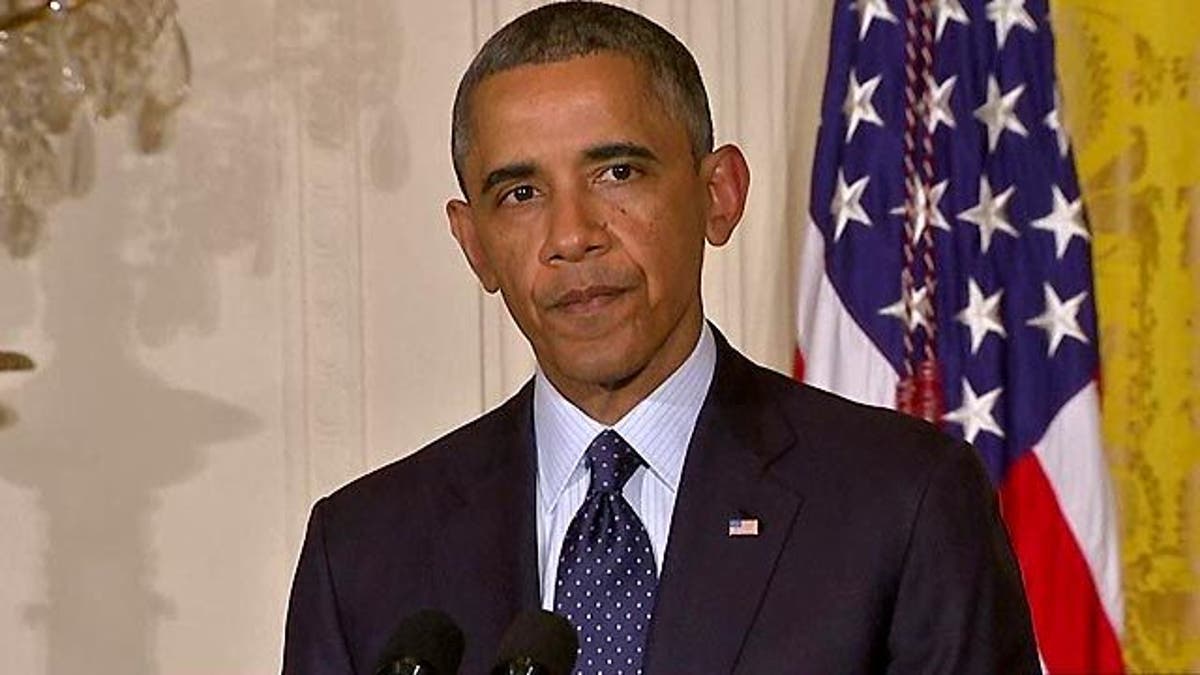
The recent revelation that the IRS targeted conservative groups has raised questions about the timing and extent of the President’s knowledge of the scandal. While the President is ultimately responsible for the actions of his Administration, no person has the capacity or time to direct all of the decisions that occur daily within the Executive Branch. Consequently, one of the primary responsibilities of the President’s Chief of Staff and the Counsel to the President is to determine what information should be provided to the President. This is a job that requires judgment and discretion; it is a determination based partly upon White House precedent, and partly on an informal understanding made in advance about such matters between the President, the Chief of Staff and the White House Counsel.
As a matter of prudence and political self-preservation, the Chief of Staff and the Counsel should be concerned about the information provided directly to the President - particularly information about ongoing investigations. Once a President has actual knowledge of an investigation, it is harder for White House staff to distance the President from a related scandal, and it becomes easier for critics to suggest that the political machinery at the White House is secretly directing the investigation in order to minimize the scandal. Even worse, with such knowledge comes the temptation to actually steer an investigation in a direction politically beneficial to the President. Furthermore, every time facts relating to an ongoing investigation are shared beyond the investigating team, it increases the risk that a leak will occur, and that the investigation will be compromised. For these reasons, details about investigations are rarely, if ever, shared with the President.
However, based on my experience, it is wrong to suggest that the President should never be told of the existence of a pending investigation. As a matter of good governance and common sense, such a claim is in reality nothing more than an excuse to avoid accountability. For example, suppose the Attorney General were to inform the White House Counsel that the President’s National Security Advisor was suspected of leaking classified information. Suppose further that the Justice Department did not want the National Security Advisor to know about the investigation. As a former Counsel, under these circumstances I cannot imagine not informing the President of the pending investigation so that steps can be taken to protect against additional leaks of classified information, while still protecting the integrity of the investigation.
Under existing protocols the Counsel is often informed of investigations affecting Executive Branch personnel. There would be no justification for the protocols if in the appropriate case the Counsel does not inform the Chief of Staff or the President of possible Executive Branch wrongdoing. After all, it is not wrong for the President to know about a problem in his Administration. Many Americans would argue that as head of the Executive Branch it is the President’s job to be accountable for what his subordinates are doing and to stop any known wrongdoing, provided it does not disrupt or interfere in any way the course of an investigation.
Reportedly, in this case the Treasury Department informed the Counsel of an ongoing Treasury Inspector General investigation into IRS activities. The Counsel, not surprisingly, informed the Chief of Staff. The White House currently insists the President was not told of the investigation in advance of media reports. Whether this is true, and whether this White House made the correct calculation as to the President’s need to know, will depend on facts yet unknown.
